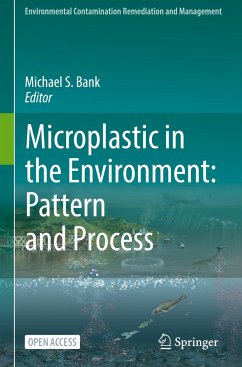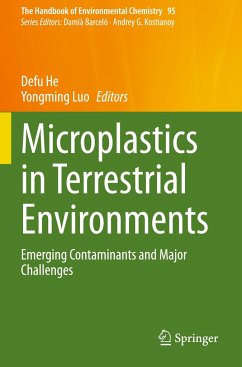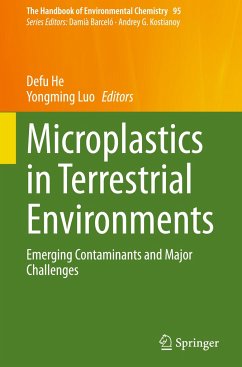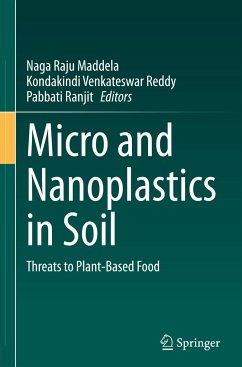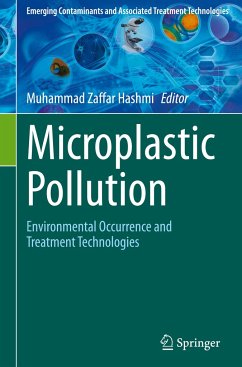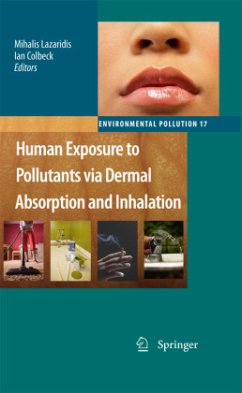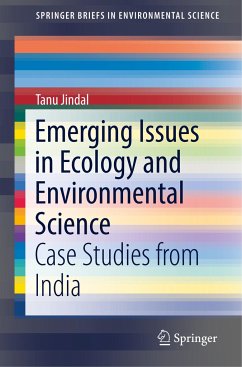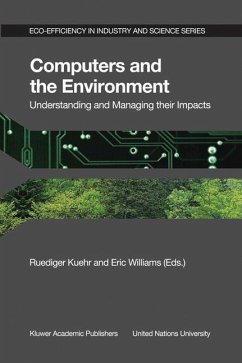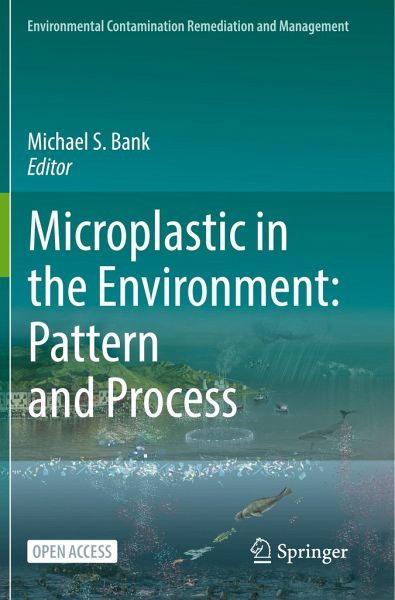
Microplastic in the Environment: Pattern and Process
Versandkostenfrei!
Versandfertig in 6-10 Tagen
31,99 €
inkl. MwSt.

PAYBACK Punkte
16 °P sammeln!
This open access book examines global plastic pollution, an issue that has become a critical societal challenge with implications for environmental and public health. This volume provides a comprehensive, holistic analysis on the plastic cycle and its subsequent effects on biota, food security, and human exposure. Importantly, global environmental change and its associated, systems-level processes, including atmospheric deposition, ecosystem complexity, UV exposure, wind patterns, water stratification, ocean circulation, etc., are all important direct and indirect factors governing the fate, t...
This open access book examines global plastic pollution, an issue that has become a critical societal challenge with implications for environmental and public health. This volume provides a comprehensive, holistic analysis on the plastic cycle and its subsequent effects on biota, food security, and human exposure. Importantly, global environmental change and its associated, systems-level processes, including atmospheric deposition, ecosystem complexity, UV exposure, wind patterns, water stratification, ocean circulation, etc., are all important direct and indirect factors governing the fate, transport and biotic and abiotic processing of plastic particles across ecosystem types. Furthermore, the distribution of plastic in the ocean is not independent of terrestrial ecosystem dynamics, since much of the plastic in marine ecosystems originates from land and should therefore be evaluated in the context of the larger plastic cycle. Changes in species size, distribution, habitat, and food web complexity, due to global environmental change, will likely alter trophic transfer dynamics and the ecological effects of nano- and microplastics. The fate and transport dynamics of plastic particles are influenced by their size, form, shape, polymer type, additives, and overall ecosystem conditions. In addition to the risks that plastics pose to the total environment, the potential impacts on human health and exposure routes, including seafood consumption, and air and drinking water need to be assessed in a comprehensive and quantitative manner. Here I present a holistic and interdisciplinary book volume designed to advance the understanding of plastic cycling in the environment with an emphasis on sources, fate and transport, ecotoxicology, climate change effects, food security, microbiology, sustainability, human exposure and public policy.



